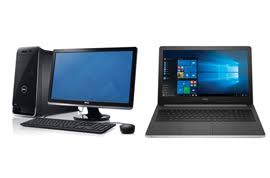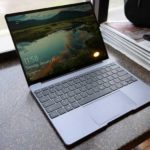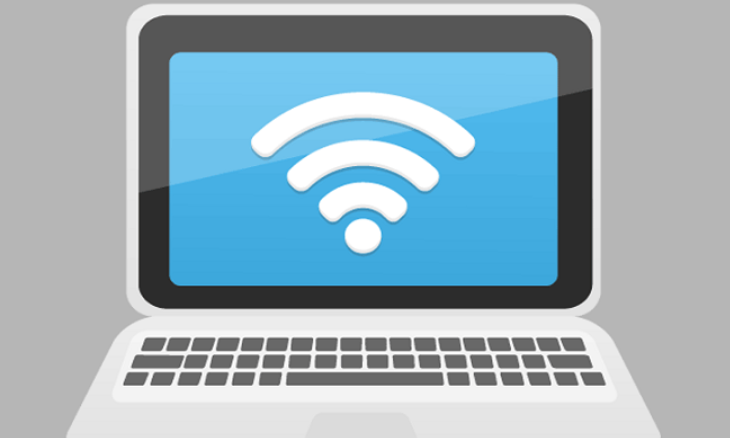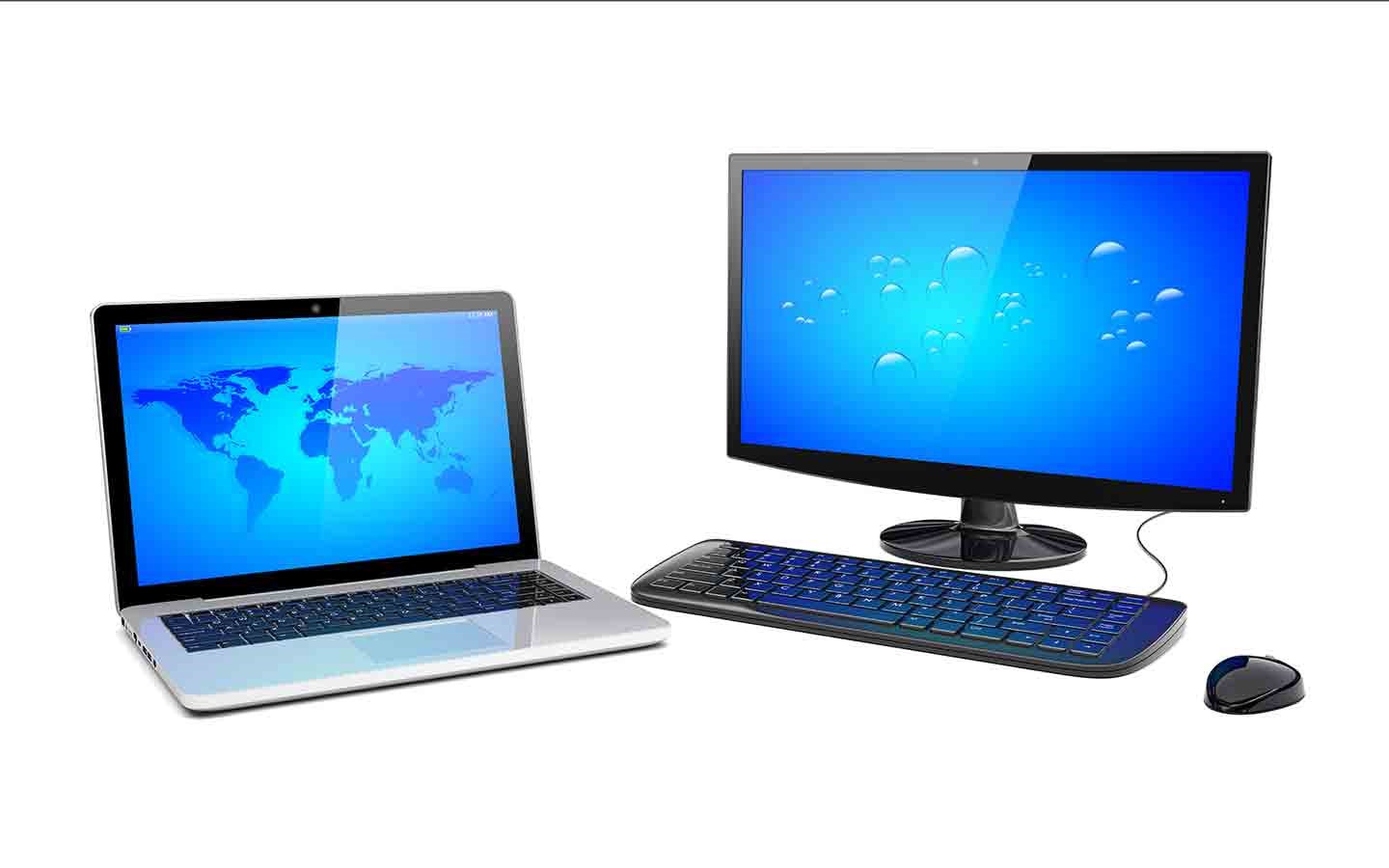What is the difference between a laptop and a computer?
Perhaps everyone knows the difference between a desktop computer with a system unit and a compact netbook. Their external differences are visible to the naked eye to every person. However, if you decide to buy a new device for your home or office, you are probably faced with the problem of choosing: a laptop or a computer? In this material we will help you make the right decision and tell you about the main differences between these devices.
The content of the article
What's the difference between a laptop and a computer?
A desktop computer is a piece of equipment of considerable size with a voluminous system unit and keyboard. However, are such dimensions justified or should the buyer give preference to a more compact device such as a laptop or netbook? In general, both options are similar in functionality, but differ in different technical characteristics. Therefore, your choice should be made based on two factors: requirements and budget. The computer will be much more expensive, but at the same time it has a greater range of capabilities than a laptop. It is more convenient to use, but is unlikely to bear heavy loads.
Comparisons and differences
- Speed is an important criterion for choosing a device. For office work and surfing the World Wide Web, a laptop is quite suitable for you. If you are a gamer, then you should look at a desktop PC.Of course, in the modern electronics market you can also find powerful gaming laptops, but their prices are greatly inflated and may not be affordable for the average buyer;
- technical characteristics are an equally important factor on which the buyer’s choice is based. Laptops, as a rule, are inferior to desktop computers here due to their small size. You need to make your choice between power and compactness depending on your requirements;
- a stationary PC operates exclusively from the network, while its compact counterpart has the ability to operate autonomously from the power supply;
- Repairing or replacing components on a stationary PC will not require special skills and qualifications, while the same operations on a laptop will most likely require the help of a specialist.
Conclusion

Thus, if the buyer plans to frequently transport the device, take it with him to nature or to a cafe, then a laptop in this case will be the best purchase. However, if the main selection criteria are power and speed, as well as a large amount of memory, then you should choose a stationary PC. The final decision when choosing a new device is up to you.





